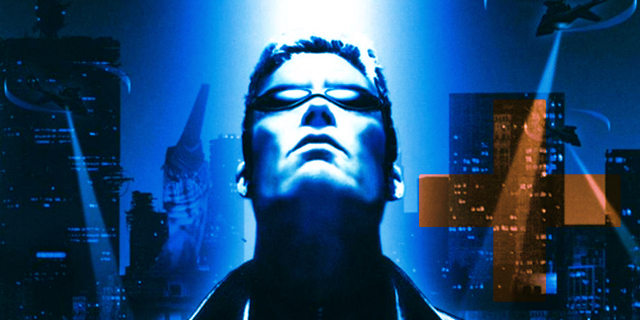
Imagine you’re sitting down one day, enjoying another gaming session with the latest new release. You find your character on an important mission to prevent the assassination of some sort of important political figure. You have two ways to approach the situation: go where you think the assassination attempt will take place and try to stop it there or, using intelligence you gathered earlier on in the game, track down the group planning the entire thing.
And let’s say in the middle of this mission you are contacted by one of the men planning the hit, providing you with information on why his group is attempting this. You see things that horrify you, giving you a new perspective on the situation and the man whose life is at risk. With this information having come to light and your inside knowledge on the location and details of the target’s business in this location, you can decide to help the group out, or continue your attempt to stop them. In this situation, you find you can give them false information, leading them down the wrong trail, which would give you the advantage over them. Whatever you decide, you know that it will impact the rest of your gameplay experience in the long run.
This is choice. When attempting to tell a story with branching paths that are not just “good versus evil” but more shades of grey, you have the option of telling a linear story or giving the player the chance to decide on how it will play out, both in terms of the actual story and in terms of the player’s gameplay experience. If players know they have more options available to them, they more likely to continue the game and potentially change the outcome to their liking. This is all fairly obvious stuff, and yet there are very few games that have done this exceptionally well.
With Deus Ex: Human Revolution’s release just around the corner, it got me thinking about how much the first Deus Ex truly changed these gameplay experiences for the better and why it has rarely been emulated successfully. Not all games strive to be like the first Deus Ex, and I don’t want them to be, but it’s disappointing that choice is such a large focus in games today and rarely does it feel like they are implemented well into the game’s story and overall design.
We can talk about games like BioShock and inFamous, where your actions and certain decisions you make during the story affect the gameplay experience, but at the end of the day you’re still playing the same exact game as everyone else. Sure, you may have slightly altered the way certain things happen in certain scenes or how you approach different gameplay situations, but it’s still the same thing. Performing an arbitrarily good or evil act in inFamous changes the game the same way that different play styles change any video game; in the end, it all leads to the same conclusion.
You could say the same thing about a game like Deus Ex. The way you approach situations in that game allow for you to play the game however you want. Want to go in, guns blazing? You can. Want to play the entire game as stealthily as possible? You can do that, too. But when you talk to a person about a mission you both played and your description is entirely different than theirs, you have something memorable.
Not only does your approach of each mission in Deus Ex change the entirety of the game, but it impacts the way characters behave around you and how the story plays out. If you went in and killed people you were meant to only take down non-lethally, the other NPCs will treat you with more hostility. Your objectives will outright change as well, giving you the most preferable approaches to missions first based on your play style up until that point. Not only that, but you may find yourself in a situation that you never would have even seen if you had not made a certain story choice earlier on.
It’s rare to go through an entire game and have a completely different experience than someone else, even today when “choice” seems more like an arbitrary back-of-the-box feature to some developers than an actual design philosophy. It’s not just about having choice; it’s about how well you design a game around choice.
In the end, you decide to trick the group that contacted you, quickly ruining their assassination attempt and allowing for the event to go on uninterrupted. And yet, before you know it, the men who hired you turn on you. You’re stripped of all of your gear, kidnapped, and taken to an entirely different location. What if you had sided with the hitmen after all? You may have just found yourself play an entirely different adventure. Not only did the story change, but the situation changed, and the way you play the game from that point forward may have been transformed.
Choice doesn’t just allow you to interact with the story a little more, it allows you to shape the game in a way that is different from someone else’s experience, thus making it more personal. It becomes your game, not the developer’s game, and for us, that is the most important thing we could ask for.



















